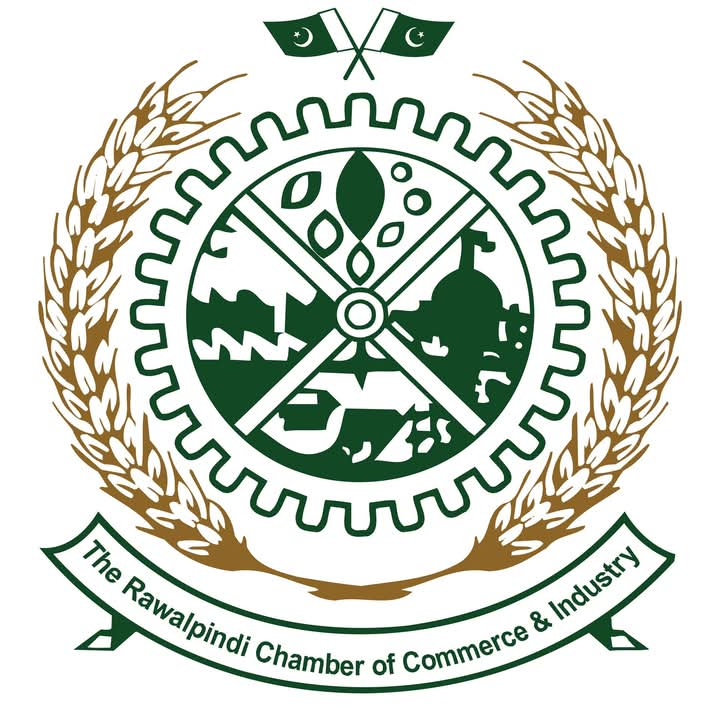RCCI Hosts 17th All Pakistan Chambers Presidents Conference 2025, Demands Withdrawal of ‘Killer’ Tax Ordinance
ISLAMABAD – The Rawalpindi Chamber of Commerce and Industry (RCCI) hosted the 17th All Pakistan Chambers Presidents Conference 2025 at a local hotel in Islamabad, bringing together over 70 chamber presidents, senior officials, and key business leaders to present a unified stance on Pakistan’s economic challenges and propose reforms for sustainable development.
In a strongly worded joint communiqué issued at the conclusion of the conference, the RCCI and participating chambers demanded the immediate withdrawal of the recently imposed tax ordinance, terming it detrimental to business growth. RCCI President Usman Shaukat described the ordinance as “a killer for the economy,” urging the government to expand the tax base rather than imposing further burdens on existing taxpayers.
The conference’s joint declaration proposed a series of economic reforms, including a gradual reduction of General Sales Tax (GST) to 10%, a cut in corporate tax to 25%, and a decrease in withholding tax on exports. Additional recommendations emphasized incentives for new exporters, along with the simplification and digitization of the tax filing process to improve compliance and transparency.
Sector-specific incentives were also highlighted, with calls for targeted support to the textile, IT, agriculture, engineering, automobile, and pharmaceutical sectors. These include tax exemptions, export rebates, technology upgrades, and improved access to international markets.
To bolster the SME sector, the conference proposed a five-year formalization program, offering tax relief for new filers and access to subsidized financing. Participants also called for the repeal of controversial sections of the Income Tax Ordinance — specifically Sections 7E, 8B, and 138 — to ease the regulatory burden on the business community.
Welcoming delegates were RCCI President Usman Shaukat, Group Leader Sohail Altaf, Senior Vice President Khalid Farooq Qazi, Vice President Fahad Barlas, executive committee members, and former RCCI presidents. The event was also attended by representatives from women’s chambers, small chambers, and trader associations from across the country.
The conference concluded with a strong message to policymakers: focus on broadening the tax net, incentivizing compliance, and fostering a pro-business environment to steer Pakistan toward economic stability and growth.




